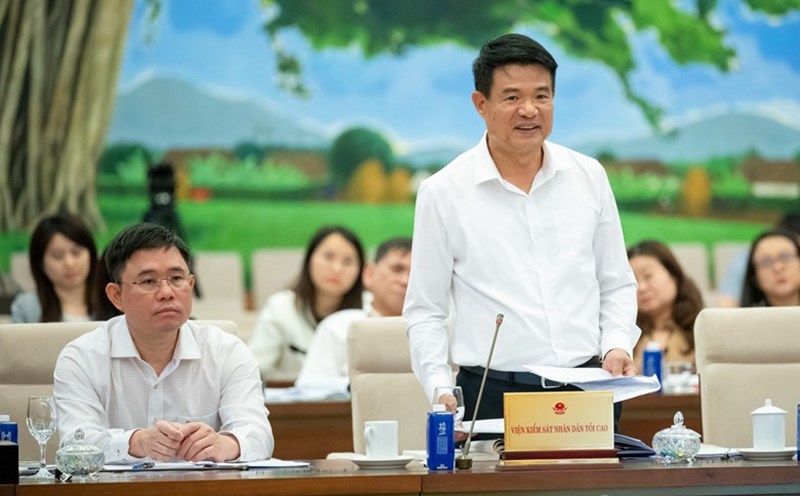In just the past few years, house prices, especially apartment prices in Hanoi, have increased exponentially. Despite the continuous increase in selling prices, newly launched apartment projects have recorded good absorption rates.
Some newly launched low-rise projects of major investors also recorded a “record” number of bookings. Many units have good locations, although the selling price is very high, but to buy them, customers have to accept paying the difference.
That “heat” spread to the suburban areas with land auctions attracting hundreds of people who accepted to “eat and wait” all night to compete for a spot (because the number of auctioned lots was very small). The winning auction price was also a record high, equal to the land of projects with synchronous infrastructure investment.
Data from the Vietnam Association of Realtors (VARS) shows that in the first three quarters of 2024, the real estate market nationwide recorded 30,589 successful transactions, 2.5 times higher than the same period last year. Many newly launched projects that have begun accepting bookings have also recorded a large amount of interest and deposits.
According to statistics from OneHousing, in Hanoi, the average selling price of primary apartments in the whole market has increased from 40 million VND/m2 in early 2022 to about 70 million VND/m2 in the third quarter of 2024.
For newly opened projects, the average price has reached VND72 million/m2, excluding VAT and maintenance fees, because 100% of the newly opened apartment supply in the quarter was in the high-end and luxury segment.
The price of houses in alleys has also increased since the beginning of 2024, on par with many inner-city areas. Compared to the first quarter of 2024, in Thanh Xuan and Tay Ho districts, the selling price has increased by 12% - 17%; Hoan Kiem and Hai Ba Trung districts recorded a price increase of about 5%.
Rising real estate prices are a topic that not only heats up seminars and discussions, but also heats up debates at Government meetings and National Assembly meetings.
Here, delegates specifically analyzed the causes and consequences and proposed solutions to curb the unreasonable increase in housing prices.
To prevent real estate businesses from taking advantage of the market's scarcity of supply and offering unusually high prices, delegate Hoang Van Cuong (Hanoi Delegation) requested the Government to immediately implement the Law on Prices on checking price-forming factors when there are unusual price fluctuations.
Recently, the Ministry of Finance mentioned that it is possible to tax personal income from real estate transfers based on ownership period.
According to the Ministry of Finance, the taxation of real estate by year of ownership aims to limit real estate speculation. Some countries in the world have used tax tools to increase the cost of speculative behavior and reduce the attractiveness of real estate speculation in the economy.
Expressing his opinion on this issue, Mr. Le Dinh Chung - Member of the VARS Market Research Working Group said that taxing real estate based on holding time is the right and necessary direction, but it needs to be calculated reasonably to ensure effective implementation.
The principle of taxation must be separated into the subject of buying real estate for use or buying for investment and speculation purposes. However, to determine the purchase and resale of real estate arising in the early stages, the data must be complete.
Notably, Mr. Chung said that this action only limits speculation but does not help reduce housing prices, and may even be counterproductive.











